Can AI win a Grammy? Music creation by AI making unauthorized use of the voice of artist
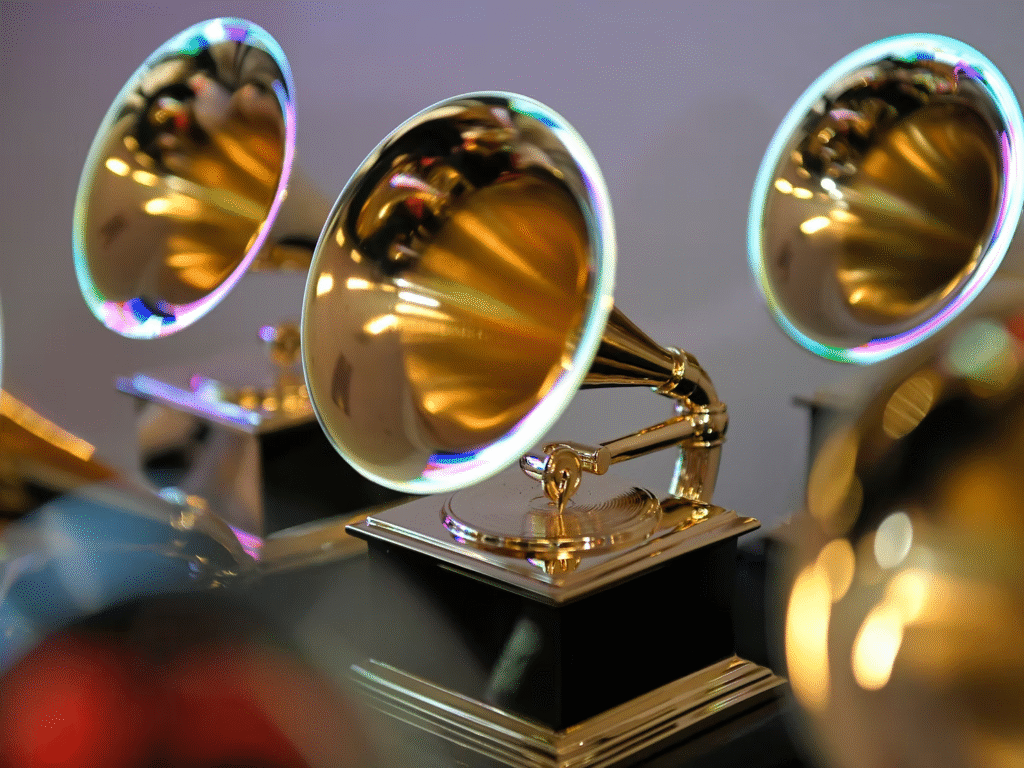
As the world progresses and new technological advancements are taking place, we can see the emergence of artificial intelligence (AI). While the world is adapting to this advancement it appears that the music industry is having a hard time adjusting to this particular change. The industry has seen a lot of changes from vinyl to cassettes to CD players but the entry of AI is completely paradoxical. It is yet to be seen what this can unfold into, but, the buzz about AI has already been created. For instance, recently the question asked was whether a Grammy can be given to music that is created by AI. There is no distinct answer available as yet.
The Recording Academy which is behind the Grammy Awards has recently updated its rules for the 66th Grammy Awards which is set to be held on 4th February 2024. The new rules under generative artificial intelligence state that, “Only human creators are eligible to submit for consideration, nomination, or win a Grammy award”. A set of rules are established which state the criteria under which a song can win a Grammy, i.e; work submitted must be meaningful and more than de minimis, it must be relevant and state under which category it is submitted and the part including AI is not eligible for a Grammy. In simple words, we could say that if a song is written by AI and is sung by an artist the song cannot be nominated for the category of songwriting but the artist can be nominated for their singing/vocals i.e. the human contribution to the song.
This protects the creative interest of an artist and validates his art. The general line of thought concerns itself with differentiating between humans and AI and does not treat them as equals, hence one cannot hamper or replace the other. Even though great music can be accomplished by these programmes it wouldn’t be fair to include them in the same category as human-composed music as there is no creative process involved and the initial purpose of the awards is to appreciate the creativity of human beings and not machines.
The biggest AI hit “Heart on My Sleeve” released anonymously used the voices of famous artists Drake and The Weekend which gained a lot of momentum over the internet but eventually had to be removed due to Copyright issues claim from the Universal Music Group. The creator Ghostwriter had made use of AI to create vocal realistic clips that mimicked the voice of the artists.
Before the apparent takedown, rightsholder Universal Music Group (UMG) told Motherboard that platforms have an obligation to take the song down, and questioned which “side of history” creators who use AI are on. “These instances demonstrate why platforms have a fundamental legal and ethical responsibility to prevent the use of their services in ways that harm artists,” it said in a statement. “We’re encouraged by the engagement of our platform partners on these issues—as they recognize they need to be part of the solution.” (source: Viral AI-Generated Drake Song ‘Heart on My Sleeve’ Removed from Spotify, YouTube,Vice April 2023)
In USA “publicity rights” protect an artist who has a distinctive voice or image. Since then, AI-music generation has only gained better momentum. This is concerning for a lot of artists in the music industry who are likely feel vulnerable and are looking for probable means to protect their voices from unauthorised use to create music with the help of AI.
Copyright is an intellectual property right that gives the originator or a creator complete rights over their literary and artistic work. This also includes music.
Music can be protected by copyright in 2 ways mainly by sound recording or musical work. Sound recording usually involves recorded sounds, and musical work refers to the music as well as the lyrics of a song. According to the US Copyright Office, we can say that copyright is created as soon as “a sound recording is fixed, meaning that the sounds must be captured in a medium from which they can be perceived, reproduced, or otherwise communicated”.
Even though the work of an artist can be protected through copyright but the voice of an artist is still not protected under any laws. Countries such as the UK, USA and India where music is produced on such a large scale do not offer any means of protection to the voice of an artist under their copyright laws. An artist cannot have a copyright to his voice but can resort to other means to protect his rights to protect his music/song. In India, a case of copyright infringement can lead to imprisonment of up to 6 months (exceeding 3 years), fine of the minimum amount of Rs. 50,000 (exceeding to 2 lakhs). But none of this includes infringement of an artist’s voice.
Taking action against the unauthorised use of voice is difficult as the burden to prove that a particular voice that claims to be of an artist is not his and that there was a misrepresentation done to deceive the audience because of the similarity in the voice of the AI-generated audio and the artist’s voice. It would be highly difficult to differentiate between the two.
Thus lawmakers and the government need to sit down and find a medium to incorporate AI in the music industry, in a way that it does not sabotage any artist’s right or prevents the entry of new artist. We can expect new music in the coming days and a way to co-exist has to be narrowed down as a new set of music genres is all set to come. Protection against the use of AI in these creative streams needs to be established and brought under control before it is too late.
In the meantime, these artists also need to be careful and be made aware of the potential risks of entering into poorly vetted contracts.
Even though many artists feel that there is a threat to their art and creativity, there are some that have openly accepted AI into the industry and are ready to split royalties 50-50 with anyone who can come up with new tracks with the help of AI.
It is visible that a lot of questions will be raised and a lot of legal reforms will be required in the coming days. Will we see changes in the licensing agreements? Or will there be new laws to curtail the entry of music produced by AI? There will be a new side of the music industry and a new genre will eventually be discovered. Will this cause havoc in the music industry? What is the future of the music industry? That is something only time can tell.


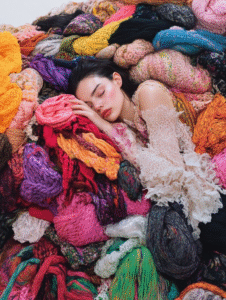


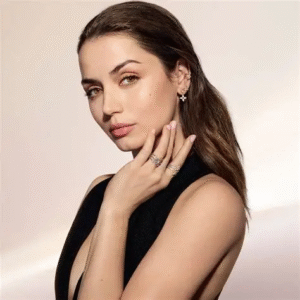

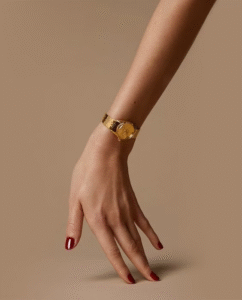
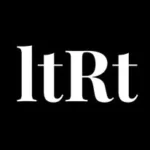
![Demna woke up and chose violence!!!
Gucci Milan Fashion Week Fall 2026, Demna’s debut Runway ✨🙇🏻♀️💋
[Demna, Gucci, Milan Fashion Week, Runway, Fashion, Italy, Let The Raven Talk]](https://lettheraventalk.com/wp-content/plugins/instagram-feed/img/placeholder.png)
